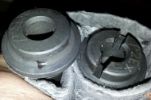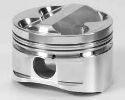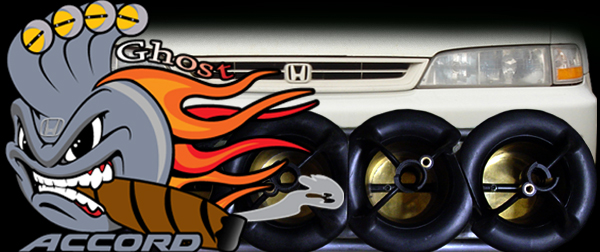Originally posted by CB7Denmark
View Post
Originally posted by CB7Denmark
View Post
Originally posted by CB7Denmark
View Post
Originally posted by CB7Denmark
View Post





















Comment